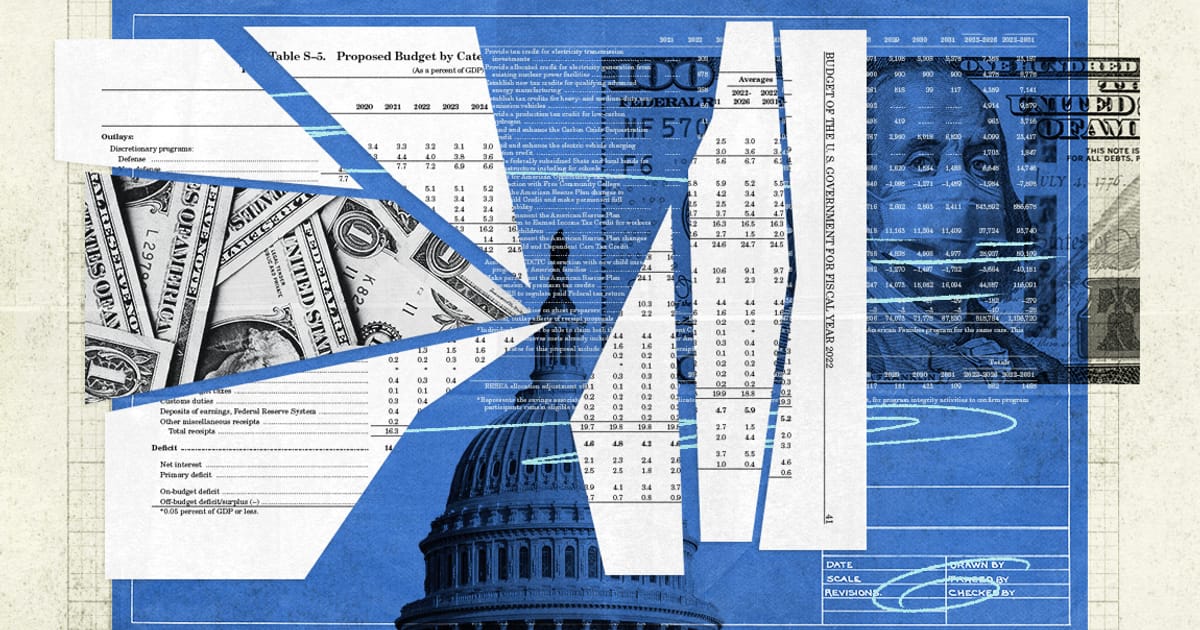How much of that is the US paying in fraud costs? At least $3 trillion? How much of that stolen government money ends up in the hands of big democrat campaign donors eager to keep the free money flowing out of the Federal Reserve that is skimmed by them in fraud? $2.9 trillion, maybe? No wonder democrats and their big-money backers will do just about any crooked or wicked thing to keep big-spending democrats in power.
Fraud costs the global economy over US$5 trillion
Fraud is costing businesses and individuals across the world US$5.127 trillion each year, according to research published today.
The Financial Cost of Fraud Report, developed by national audit, tax, advisory and risk firm, Crowe, in conjunction with the Centre for Counter Fraud Studies at the University of Portsmouth.
The report, which is the seventh to be published since 2009, draws on over 20 years’ extensive research, reviewing a total of 690 loss measurement exercises across a range of industries, expenditure, organizations and countries.
What is the US government doing to effectively curtail fraud and waste in government spending and to track and report details about government funding to inform the American public of where taxpayer funds are going? Not much, sadly.

 www.pogo.org
www.pogo.org
Tracking the trillions our government spends each and every year has always been difficult, more difficult than it should be. But last year, the COVID-19 pandemic triggered a huge spending surge from the federal government. The extra spending brought with it a brighter spotlight of attention. And that spotlight has revealed stark deficiencies—failures in our reporting systems for federal awards that keep the public in the dark.
In the case of the COVID-19 relief spending, our lack of information is partly due to the fact that reporting and oversight provisions envisioned by Congress for pandemic spending were never fully realized. But in a much larger sense, the fault lies with major, preexisting deficiencies.
Linda Miller, who served a year as deputy executive director of the Pandemic Response Accountability Committee, recently shared her perspective on spending oversight problems in an op-ed. “Nearly all aspects of collecting and using data in the government are broken,” she concluded.
Fraud costs the global economy over US$5 trillion
Fraud is costing businesses and individuals across the world US$5.127 trillion each year, according to research published today.
The Financial Cost of Fraud Report, developed by national audit, tax, advisory and risk firm, Crowe, in conjunction with the Centre for Counter Fraud Studies at the University of Portsmouth.
The report, which is the seventh to be published since 2009, draws on over 20 years’ extensive research, reviewing a total of 690 loss measurement exercises across a range of industries, expenditure, organizations and countries.
What is the US government doing to effectively curtail fraud and waste in government spending and to track and report details about government funding to inform the American public of where taxpayer funds are going? Not much, sadly.

Blueprint to Fix Reporting of Federal Spending
Our reporting system for federal awards is broken. The government spends trillions each year, yet we cannot answer simple questions about impacts or equity. POGO offers a blueprint to fix broken reporting, fill key gaps, and institute needed new reporting.
Tracking the trillions our government spends each and every year has always been difficult, more difficult than it should be. But last year, the COVID-19 pandemic triggered a huge spending surge from the federal government. The extra spending brought with it a brighter spotlight of attention. And that spotlight has revealed stark deficiencies—failures in our reporting systems for federal awards that keep the public in the dark.
In the case of the COVID-19 relief spending, our lack of information is partly due to the fact that reporting and oversight provisions envisioned by Congress for pandemic spending were never fully realized. But in a much larger sense, the fault lies with major, preexisting deficiencies.
Linda Miller, who served a year as deputy executive director of the Pandemic Response Accountability Committee, recently shared her perspective on spending oversight problems in an op-ed. “Nearly all aspects of collecting and using data in the government are broken,” she concluded.

